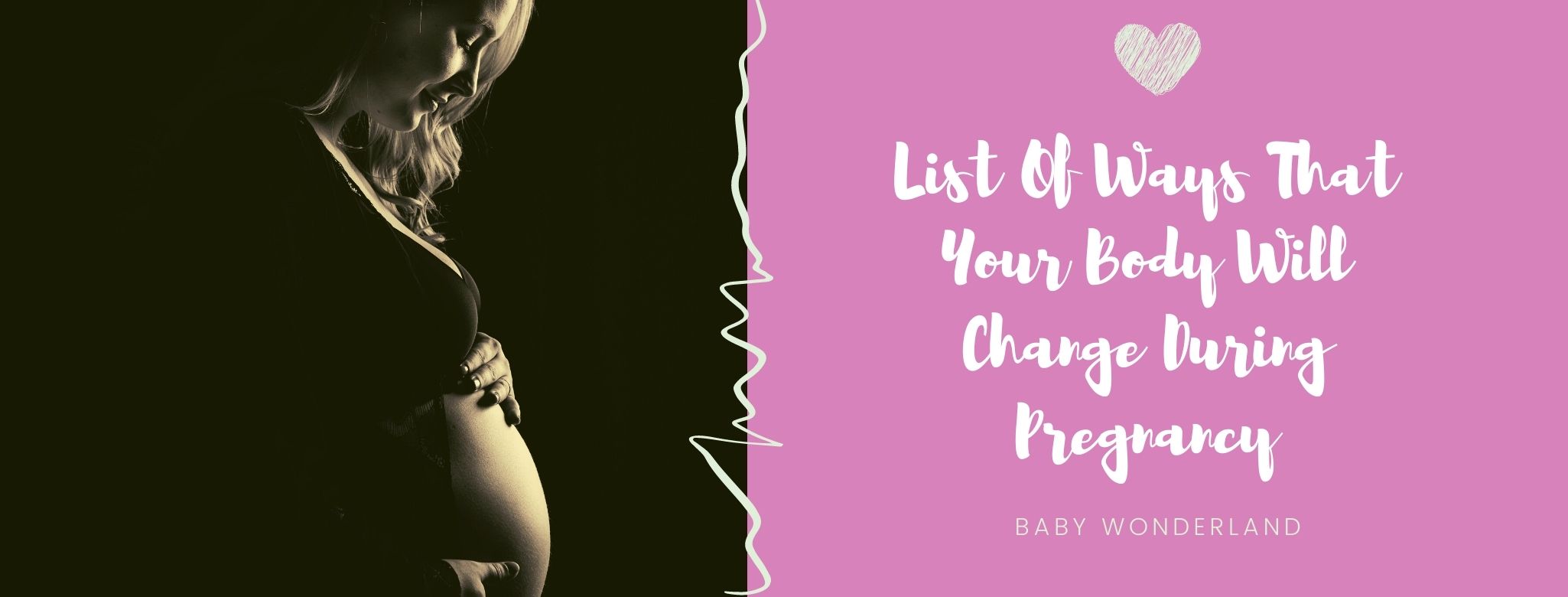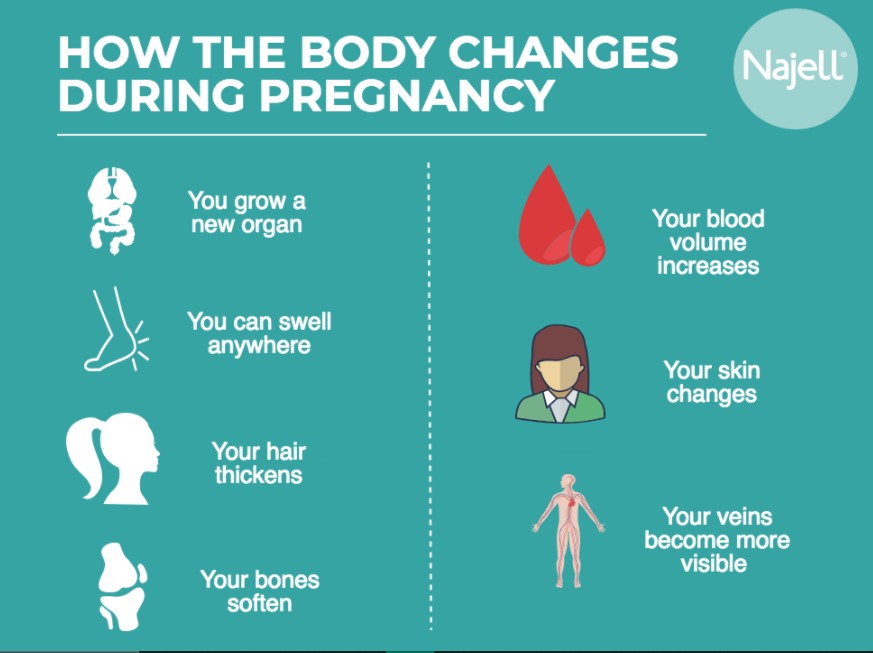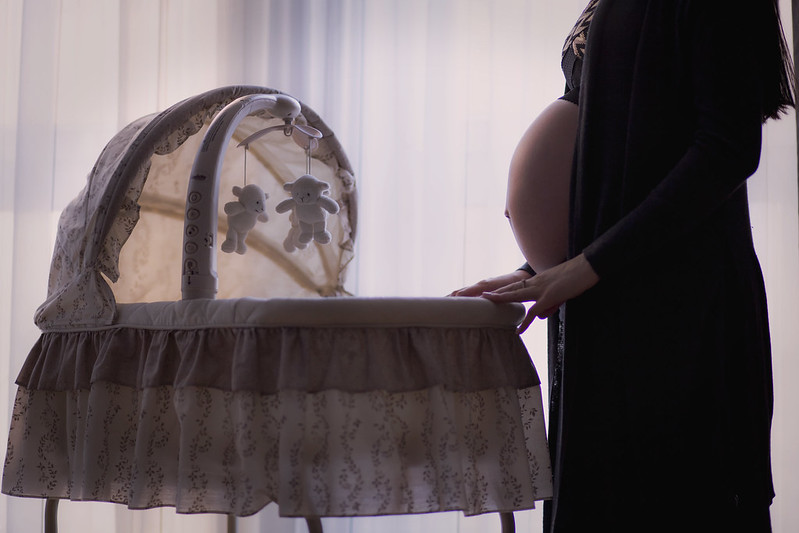
What To Expect From A Pregnant Woman
Estrogen And Progesterone are the central pregnancy hormones. A lady will create more estrogen during one pregnancy than all throughout her whole life when not pregnant. The increase in estrogen during pregnancy empowers the uterus and placenta to:
- improve vascularization (the development of blood vessels)
- transfer essential nutrients
- support the developing child
Also, estrogen is thought to assume a significant function in helping the fetus mature and develop which affects body changes while pregnant.
Estrogen levels increase consistently during pregnancy and arrive at their peak in the third trimester. The fast increase in estrogen levels during the primary trimester may cause a portion of the sickness related to pregnancy.
During the second trimester, it assumes a significant part in the milk conduit improvement that grows the bosoms. You should also know what you should eat while pregnant as this also can affect your estrogen and progesterone.
Progesterone levels additionally are phenomenally high during pregnancy. The adjustments in progesterone cause laxity or loosening of ligaments and joints all through the body. Also, elevated levels of progesterone cause internal structures to increase in size, for example, the ureters. The ureters connect the kidneys with the maternal bladder. Progesterone is additionally significant for changing the uterus from the size of a little pear — in its non-pregnant state — to a uterus that can oblige a full-term infant.

They Also Experience All Sorts Of Body Pains
As your uterus expands, you may feel a throbbing painfulness in the back, midsection, crotch region, and thighs. Numerous ladies additionally have spinal pains and throbbing close to the pelvic bone due to the weight of the infant's head, increased weight, and loosening joints. Some pregnant ladies complain of agony that runs from the lower back, down the rear of one leg, to the knee or foot. This is called sciatica. The thought of “how will my body change during pregnancy” has one part that happens when the uterus puts pressure on the sciatic nerve.
What may help:
- Lie down
- Rest
- Apply heat
Call the doctor if torment doesn't get better


Your Blood Volume Increases During Your Pregnancy
Beginning from the initial first few weeks of pregnancy, your body really increases the amount of blood and plasma from 30 to 50 percent. Why? Since your heart is working more enthusiastically and all the more proficiently, which brings about more blood being shot out from your heart with each beat. Sounds kinda gross, yet all that additional blood and plasma add to the ideal development and advancement of your fetus. Furthermore, additional blood assists with shielding you from some delivery hazards, for example, hemorrhage.
Pregnancy Increases Hormones And The Risk Of Exercise Injuries
While these hormones are totally essential for a successful pregnancy, they likewise can make exercise more troublesome. Since the tendons are looser, pregnant ladies might be in more serious danger from injuries and strains of the lower leg or knee. Nonetheless, no examinations have reported an increased rate of injury during pregnancy.
Asking yourself when does your belly get big during pregnancy is normal. A pregnant lady's whole stance changes. Her bosoms are bigger. Her midsection changes from flat or concave to extremely arched, expanding the curvature of her back. The combined effect shifts the focal point of gravity forward and may prompt changes in her sense of balance.
A pregnant lady's whole stance changes. Her bosoms are bigger. Her midsection changes from flat or concave to extremely arched, expanding the curvature of her back. The combined effect shifts the focal point of gravity forward and may prompt changes in her sense of balance.
Other, startling things may emerge from your body during labor. A few ladies have nausea and vomiting. Others have diarrhea previously or during labor, and passing gas is likewise normal. During the pushing period of labor, you may lose control of your bladder or bowels.
For your baby, you can also check what are some ideas to care for your baby too. Be a healthy mom and have a healthy baby!